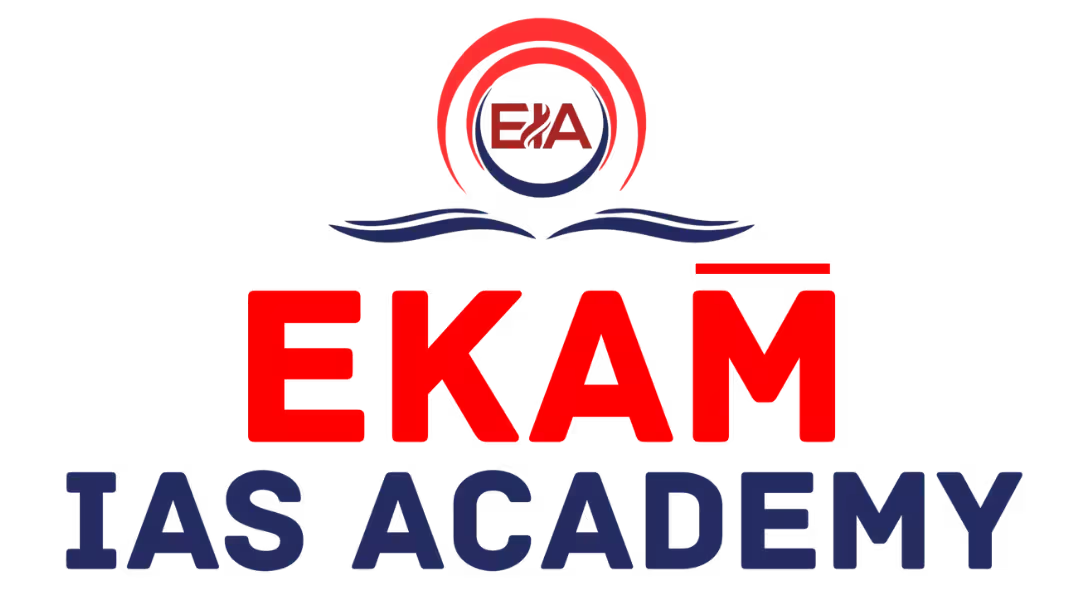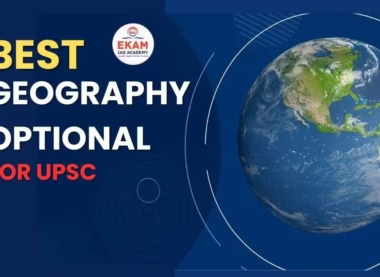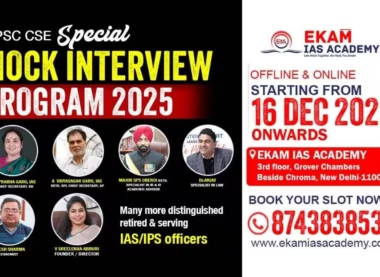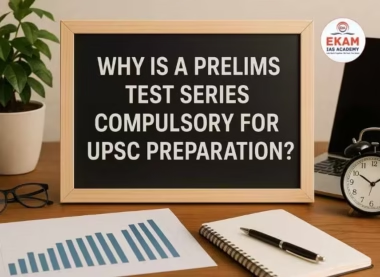ICGS AJIT AND ICGS APARAJIT
Ekam IAS Academy stands as a beacon of excellence in the realm of civil services examination preparation in Hyderabad. We are dedicated to nurturing and guiding aspiring civil servants to achieve their dreams of joining the prestigious Indian Administrative Service (IAS). Recognized as the best IAS academy in Hyderabad, Ekam is committed to providing a transformative learning experience that goes beyond conventional coaching.
2nd Floor Kacham's, Blue Sapphire building, 1-10-237, Lower Tank Bund, Kavadiguda, Hyderabad, Telangana 500020 support@ekamiasacademy.com +91 8121017337





